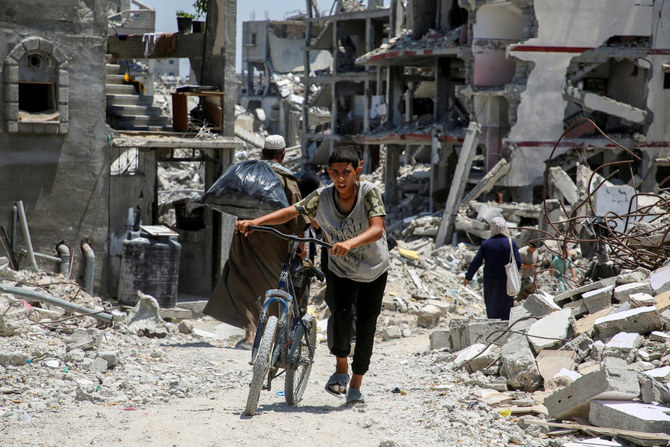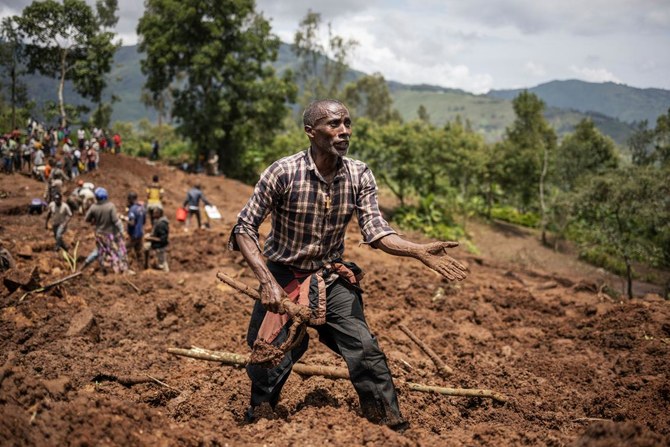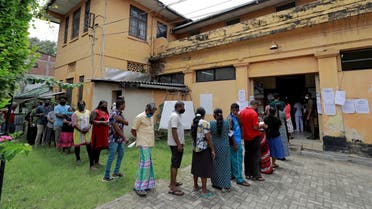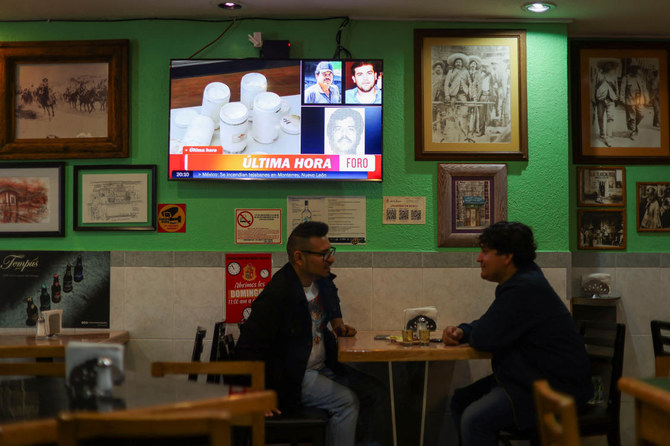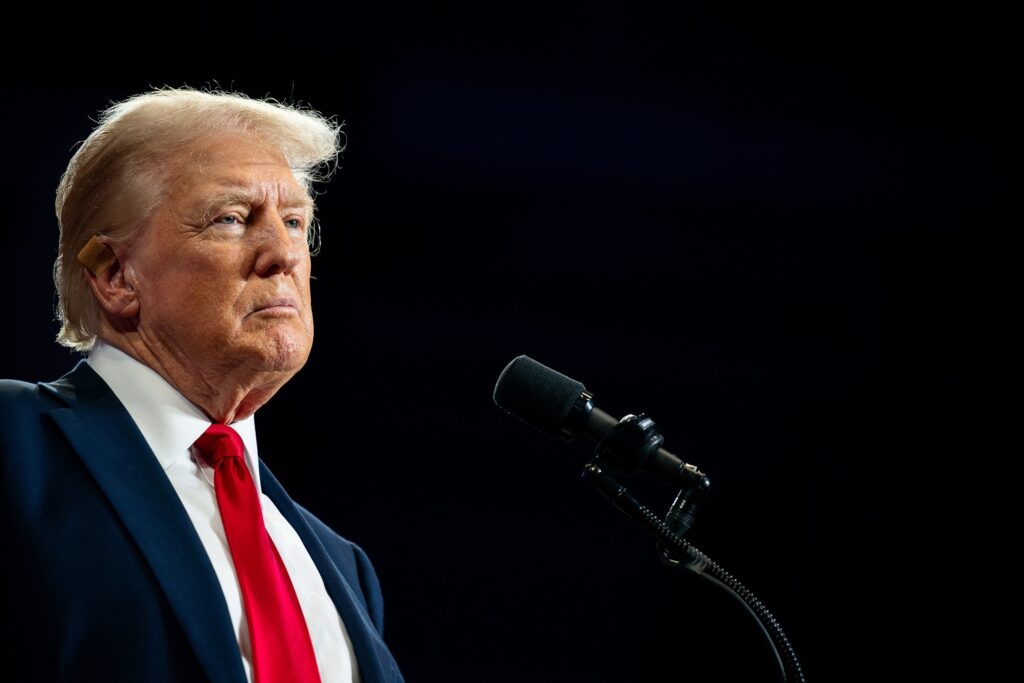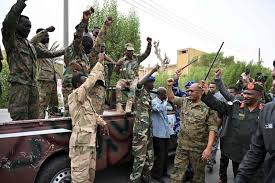Marina Kovalenko, Pavel Tarasenko, Kirill Krivosheev
The escalation of the situation in Afghanistan has forced its neighbors to prepare for almost inevitable consequences, both military and humanitarian. The Tajik authorities held the largest military training session in their history, and then announced their readiness to accept up to 100 thousand refugees. Next week, the military of Uzbekistan and the Russian Federation will conduct exercises near the border with Afghanistan. The Taliban, who already control about 200 out of 398 regions of Afghanistan, claim that they do not pose any threat to neighboring states. The Russian Foreign Ministry on Friday again stressed that the promises of the Taliban can be trusted. But, just in case, they expressed “firm hope” that no one in Afghanistan would think of showing aggression against Moscow-friendly Central Asian states.
The reports from Afghanistan are becoming more alarming every day. Thus, the Tolo News TV channel, citing the Ministry of Internal Affairs, reported about a hundred civilians killed in the Spin-Boldak region (Kandahar province), which had previously been taken under the control of the Taliban. And the humanitarian situation in the republic can already be characterized by the word “catastrophe”. According to the same Tolo News, over the past four months, more than 36,000 Afghan families have been forced to leave their homes.
CIA chief William Burns, speaking on NPR radio on Thursday, admitted that the Taliban are “making significant military gains” and are generally stronger than ever since 2001.
On Friday, the topic was continued by the head of the US Department of State Anthony Blinken in an interview with MSNBC. “We have serious concerns about the actions of the Taliban, which indicate that they may try to seize power in the country by force,” he expressed a quite obvious thought. Then he warned: the violent seizure of power threatens that Afghanistan “will become a pariah state.”
For the time being, the US authorities continue to provide support to the Afghan government forces. For example, this week the US Air Force attacked militant positions in the provinces of Kandahar and Helmand, thereby provoking anger from the Taliban leadership, which on Friday night called the incident a “barbaric attack” and promised a tough response.
Meanwhile, the Americans are not going to give up their plans for the final withdrawal of their troops. Let us recall that the Taliban launched a decisive offensive in June – just when it became clear that the forces of the international coalition led by the United States were still leaving Afghanistan. On Friday, with reference to the deputy head of the political office of the Taliban, Mawlawi Abdul Salam Hanafi, it was announced that the Taliban had taken control of about 200 out of 398 districts over the past two months, which, according to the Taliban, “testifies to the broad support of the movement by the people.” In addition, the Taliban claim to control about 90% of Afghanistan’s border – entirely with Tajikistan and most of it with Uzbekistan. The Afghan Defense Ministry called this information in a conversation with the AFP agency “false propaganda”, however, without giving any alternative figures.
The rapid development of events cannot but worry the countries adjacent to Afghanistan.
We are especially concerned about the situation in Dushanbe . On Thursday, a large-scale check of the combat readiness of the armed forces, law enforcement agencies and personnel of the mobilization reserves under the name “Marz-2021” (“Border-2021”) was held in Tajikistan. It was about 230 thousand soldiers, over 1 thousand armored vehicles, almost 500 artillery and mortar guns. The President of the country, Emomali Rahmon, also attended the training camp, stressing: “in connection with the unstable situation in the region,” you need to be ready to protect peace and stability, and the main task is “to ensure reliable protection of the state border.” On the same day, Mr. Rahmon held his second telephone conversation in a month with Russian President Vladimir Putin, discussing the development of the situation in Afghanistan.
And on Friday it was announced that Dushanbe is preparing with might and main to eliminate the consequences of the humanitarian crisis. Imomali Ibrohimzoda, Deputy Chairman of the Committee for Emergency Situations and Civil Defense, said that the republic is ready to accept up to 100 thousand refugees from Afghanistan. According to him, the country is already completing the construction of two special warehouses for storing tents, bedding, hygiene products, dishes – everything that refugees may need.
The threats emanating from Afghanistan are seen as less critical for themselves in Tashkent . On the eve of the Uzbek President’s special representative for Afghanistan Ismatulla Irgashev made a reassuring statement. He said that the country’s authorities have established close contacts with all political forces in Afghanistan, including the Taliban. And he added: the Taliban “are fighting only for the freedom of their country and will not violate the borders of neighboring countries, including Uzbekistan.”
Despite different assessments of the situation, Dushanbe, Tashkent and Moscow decided to send additional signals to the Taliban that it is not worth crossing the border – both literally and figuratively.
From July 30 to August 10 in the Uzbek Surkhandarya region (bordering in the south with Afghanistan) exercises of the Russian Federation and Uzbekistan will be held. About 1.5 thousand soldiers will take part in them. And on August 5, exercises of Russia, Uzbekistan and Tajikistan will begin in the Khatlon region of Tajikistan.
Arkady Dubnov, a political scientist and expert on Central Asia, in an interview with Kommersant, expressed the opinion that the exercises are necessary, first of all, “to calm the inhabitants” of the region. According to him, these fears are being whipped up, among other things, by Russian television, which is actively watched in Central Asia. “In addition, it is necessary to improve the image of Russia, the former imperial metropolis, as a guarantor of the security of the spaces it has lost. Another reason is the desire of Russia to strengthen its military-political influence in the region as a whole, “the expert added.
Without at all excluding further aggravation, international players nevertheless do not abandon their bet on peaceful methods of ending the conflict. So, Anthony Blinken on Friday assured: “We are actively using diplomatic ways of interaction, because this conflict cannot have a military solution, and we are making efforts to put an end to it.” And Russian Foreign Minister Sergei Lavrov, speaking at the webinar “Russia’s Foreign Policy: Successes, Challenges, Tasks and Prospects,” said: Moscow continues to use every opportunity to “tie up” a dialogue between the Taliban and Kabul, in particular, it cooperates with the United States and China in within the “troika”, and also uses the “Moscow format” (RF, Afghanistan, China, Pakistan, Iran, India).
In the absence of an inter-Afghan dialogue, the Russian authorities primarily blame Kabul.
“We must not try to preserve the current uncertainty as long as possible, and there are forces in Kabul that are interested in this, as it allows them to remain in power. You have to think not about yourself, but about your country, ”said Mr. Lavrov. The head of Russian diplomacy called Talibov “sane people” – in particular, because of their statements about the absence of “plans to create problems” for Central Asian neighbors, as well as promises to fight the “Islamic State”.
However, Sergey Lavrov made it clear that a negative development of events cannot be completely ruled out. “Our position with our Central Asian neighbors is that all obligations are within the framework of the CSTO (the Collective Security Treaty Organization, which includes Armenia, Belarus, Kazakhstan, Kyrgyzstan, Russia and Tajikistan .”)) remain in full force. Of course, we very firmly hope that no one will think of testing the strength of the treaty and trying to start aggressive actions against any of its members, ”Sergei Lavrov warned in absentia the representatives of the Russian authorities, who are not hostile (judging by numerous statements), but the Taliban organization, still banned in the Russian Federation. As the press secretary of the Russian president Dmitry Peskov made it clear on Friday, the Russian authorities are not going to rid the Taliban of this label. Just in case.

